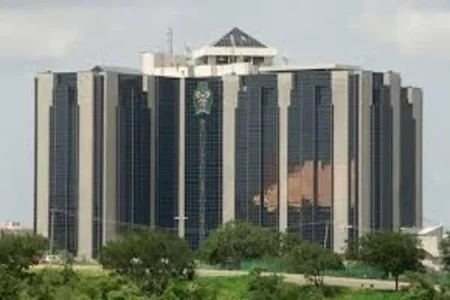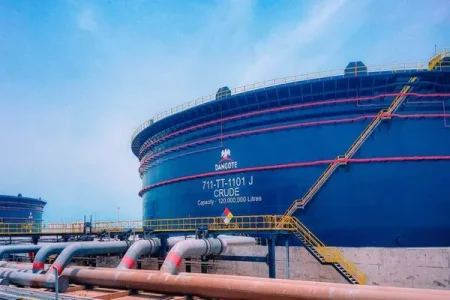
Nigeria's central bank warns of risks to foreign reserves due to petrol subsidy removal and lower oil earnings. Despite $36.08 billion in reserves, increased debt servicing and potential capital outflows pose challenges. The CBN remains optimistic, citing favorable trade terms and rising oil prices. Balancing economic reforms with stability remains crucial for Nigeria's financial outlook.
The Central Bank of Nigeria (CBN) has expressed concerns about potential risks to the country's foreign exchange reserves following the removal of petrol subsidies and lower crude oil earnings. As of September 12, 2024, Nigeria's external reserves stood at $36.08 billion.
In its newly released policy guidelines for 2024-2025, the CBN highlighted challenges such as increased external debt servicing obligations that could negatively impact reserve growth. The bank noted that lower oil revenues, subsidy removal, rising import costs, and debt servicing could pose risks to reserve accumulation.
Additionally, monetary tightening by central banks in advanced economies may increase the risk of capital outflows from Nigeria. However, the CBN remains optimistic about Nigeria's external sector outlook, citing expectations of favorable trade terms driven by sustained high oil prices and improved domestic oil production.
The bank also pointed to potential positive factors like continued oil price increases due to production cuts, as well as capital inflows and remittances contributing to foreign reserves.
This news comes amid broader economic challenges facing Nigeria, including high inflation and currency pressures. The removal of fuel subsidies earlier this year has led to increased costs for consumers and businesses.
The CBN's concerns highlight the delicate balance Nigerian policymakers must strike between fiscal reforms like subsidy removal and maintaining economic stability. Managing foreign reserves will likely remain a key priority as Nigeria navigates global economic headwinds and domestic policy shifts in the coming years.



![[FULL LIST] Tinubu Appoints IBB's Son, Others to Lead Key Agencies](/data/attachments/219/219051-c45e0723af5235b4e99b88eb1fa579fd.jpg?hash=su4VHIBpS9)
